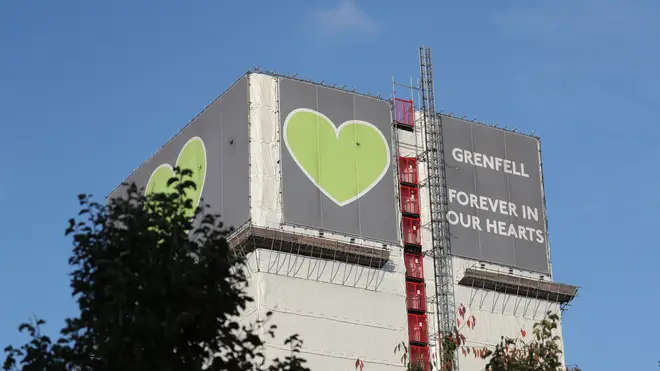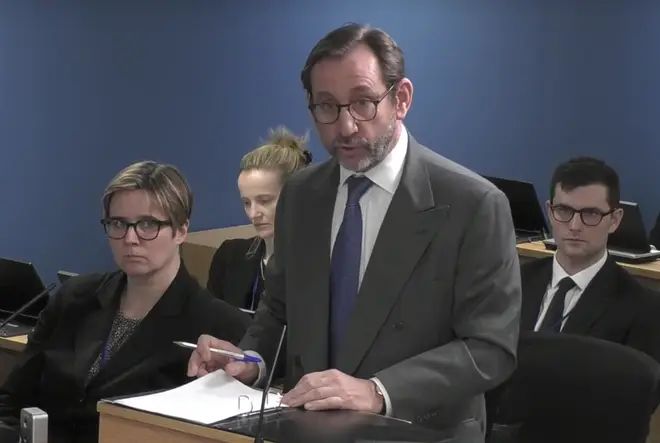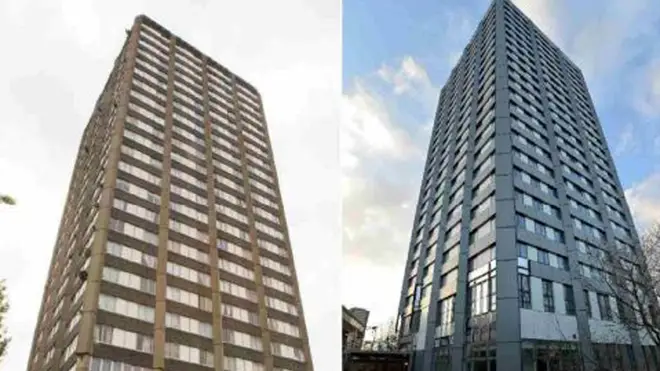
Clive Bull 1am - 4am
27 January 2020, 16:40

The private firms charged with refurbishing Grenfell Tower "refused to accept blame", the inquiry into the disaster has been told.
The comments were made at the opening of the second phase of an inquiry into the tragic fire, which killed 72 people, began on Monday.
The inquiry met at a new venue in Paddington, west London, with a small number of demonstrators playing drums and music outside.
The inquiry's chief lawyer, Richard Millett QC, accused companies of "pointing the finger" at each other without accepting any personal blame.
"With the sole exception of Royal Borough of Kensington and Chelsea (RBKC) not a single core participant involved in the primary refurbishment of Grenfell Tower has felt able to make an unqualified submission against their own interests," he said.
"With that solitary exception Mr Chairman, one finds in those detailed and carefully crafted statements no trace of any acceptance of any responsibility for what happened at Grenfell Tower."

The tower was built in 1974 and underwent an extensive refurbishment between 2012 and 2016, when the building was wrapped in highly flammable aluminium composite material (ACM) cladding.
The first stage of the inquiry found that the material was largely responsible for the rapid spread of the fire, which engulfed much of the building in under an hour.
Mr Millett added: "In every case, what happened was, as each of them would have it, someone else's fault."
Rydon, the main refurbishment contractor, blamed the providers of the cladding and insulation, Arconic and Celotex, for misleading buyers into believing their products were safe for use on high-rise tower blocks.
An internal report from 2011 highlighted the material Reynobond PE as "dangerous on facades" and urged contractors transfer to fire resistant materials "as a matter of urgency", according to counsel for the company.

Refurbishment architects, Studio E, said it "did not have any knowledge that the products used on the tower were unsafe" and accused product manufacturers for publishing safety guidance which mislead designers.
In a statement to the inquiry it said: "Studio E considers that it acted as would be expected as a reasonably competent architect in its position" and called itself a "conscientious, ethical and responsible" firm.
Engineer Benita Mehra resigned as an expert on inquiry's panel on Saturday after it emerged she is an immediate past president of the Women's Engineering Society, which received funding from Arconic for an apprentice conference last year.
Representing the victims, Michael Mansfield QC claimed there has been "a stunning silence" from Prime Minister Boris Johnson and the Cabinet Office on the resignation of Ms Mehra.
He added there had been "not a word" about whether another expert will replace her for the second part of the inquiry.